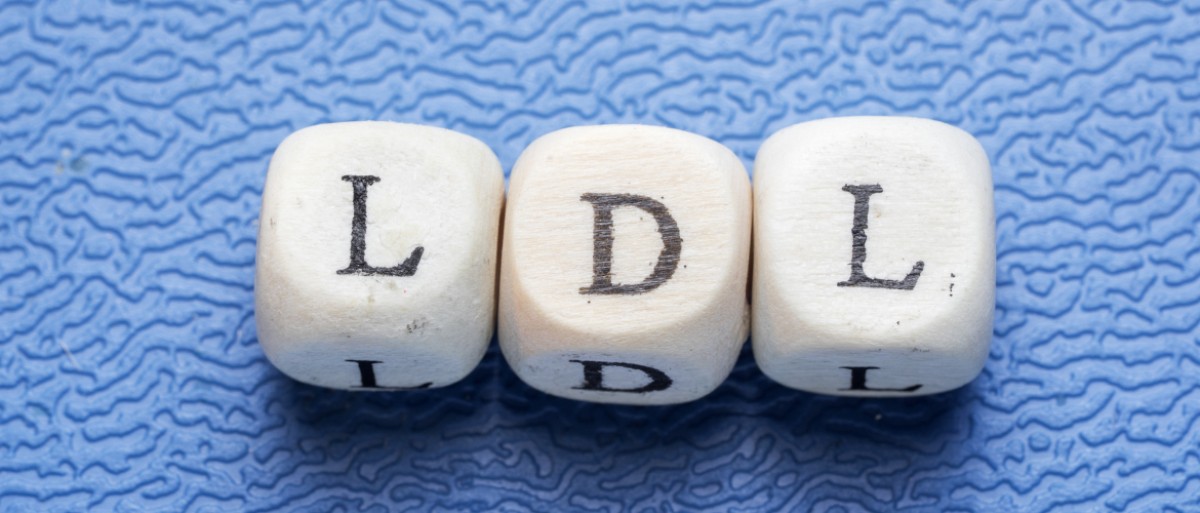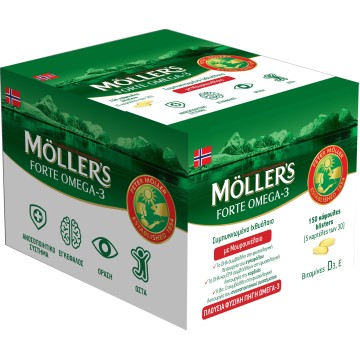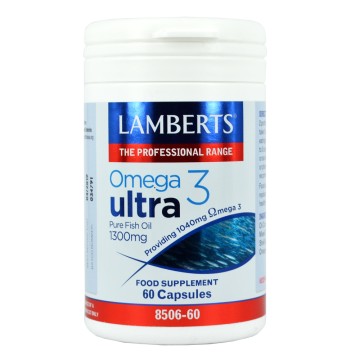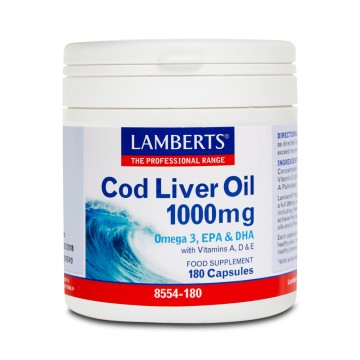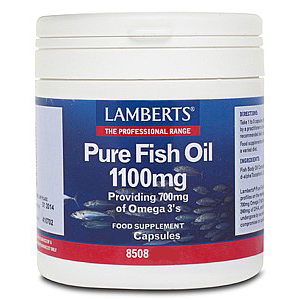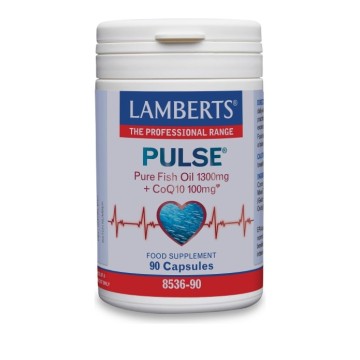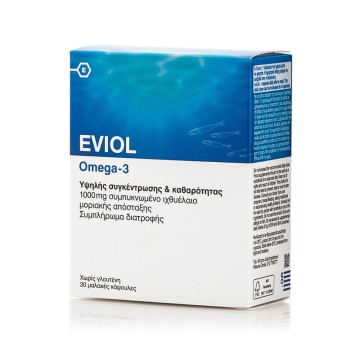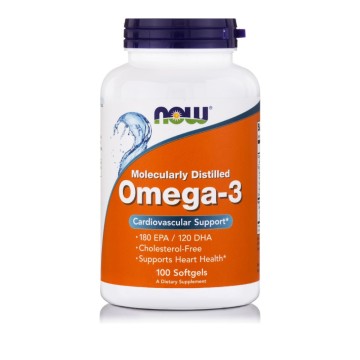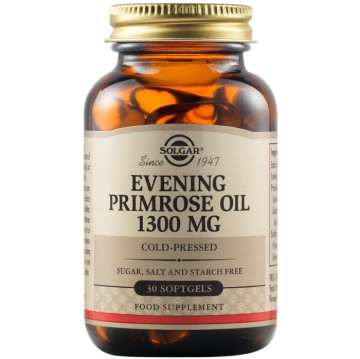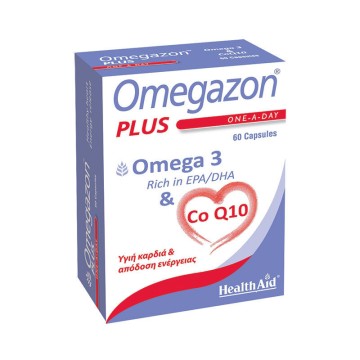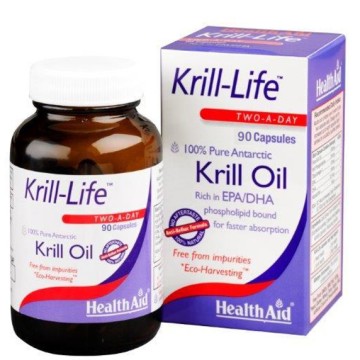What is LDL cholesterol?
Η
LDL he is a guy
cholesterol which we often call her
"bad" cholesterol, because it can build up in our blood vessels and increase the risk of heart problems, such as heart attack or stroke. However, cholesterol is not inherently bad. Our body needs it to protect our nerves, create cells and hormones. Some of our cholesterol comes from our diet, while the rest is produced by our liver.
Cholesterol cannot be dissolved in the blood, so to transport it to the body, so-called lipoproteins are used, which are tiny molecules composed of protein on the outside and
cholesterol in their center. THE
LDL is a type of such lipoprotein and is called "low-density lipoprotein", which means that it carries cholesterol that can end up in the blood vessels and cause health problems.
These problems are:
- Cerebrovascular disease.
- Peripheral artery disease (PAD).
- Coronary artery disease (CAD).
- Aortic aneurysm.
LDL and HDL Cholesterol
In your body, you have two main types of cholesterol:
LDL, often called "bad" cholesterol, and the
HDL, or "good" cholesterol. HDL cholesterol helps reduce LDL by transporting it to the liver, where it can be removed from the body. The more HDL you have, the better protection you have against heart problems and strokes.
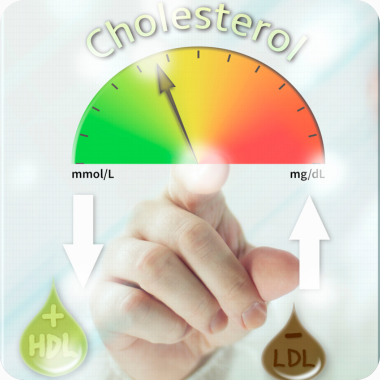
LDL cholesterol values
When we talk about her
LDL cholesterol, which is "bad" cholesterol, to have lower
Prices it is better. A high level of LDL cholesterol can increase your risk for heart problems such as coronary heart disease. The
LDL cholesterol values in general ranges for healthy adults are:
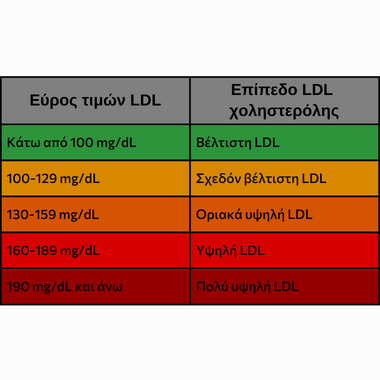
Doctors recommend having more good cholesterol (HDL) and less bad cholesterol (LDL) to protect against heart problems. If the bad cholesterol is too high and the good cholesterol too low, the doctor may suggest changes in diet or exercise, or even medication, to bring cholesterol levels to a healthy level.
If you have coronary heart disease, diabetes or other heart problems, your doctor can set a new goal to achieve its reduction.
Risks of high LDL cholesterol
The high "evil"
cholesterol can increase the
risk for various serious health problems, such as:
- Stroke
- Diabetes
- Blood vessel diseases of the legs and other parts of the body
- Diseases of the heart, such as chest pain and heart attacks
- record heart diseases
Treatment usually focuses on lowering LDL cholesterol. This may mean reducing it by a certain percentage, depending on your risk of heart problems or strokes.
The doctor will take several things into account
factors to assess your risk, such as:
- The cholesterol level your
- On your blood pressure
- On age your
- The smoking
- The use medicines for blood pressure
Causes of increased LDL cholesterol
Many things can raise the LDL cholesterol in your blood. Some of the
causes of increased LDL cholesterol is:
- Diet: Foods high in saturated fat, such as fatty meats, high-fat dairy, sweets, and fast food, can raise LDL cholesterol.
- Weight: If you are overweight, you are likely to have higher LDL cholesterol.
- Smoking: Smoking can lower "good" cholesterol (HDL), which helps keep LDL cholesterol low.
- Medicines: Some medications for other conditions can raise LDL cholesterol.
- Medical conditions: Health problems such as diabetes, chronic kidney disease, or HIV can affect cholesterol levels.
- Age: As we age, LDL cholesterol levels tend to rise.
- Family history: If other members of your family have high cholesterol, you may also be at higher risk.
- Gender: Women may experience an increase in LDL cholesterol after menopause.
Foods that cause an increase in cholesterol
Foods with a lot of saturated fat can cause
increase in LDL cholesterol in your blood. These foods are:
- Sweet (doughnuts, cookies, cakes)
- Dairy Products (milk, cheese, butter)
- Meats (steaks, ribs, pork, minced meat)
- Processed meats (bacon, hot dog, sausage)
- Fried foods (fries, fried chicken)
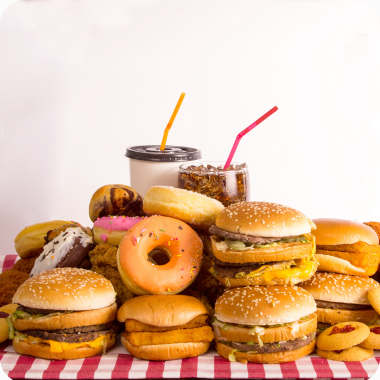
How does LDL cholesterol drop?
- Diet: Avoid foods high in saturated fat, cholesterol, and simple carbohydrates, such as sugar and white flour. Choose foods rich in fiber and plant sterols, such as nuts and margarine.
- Excercise: Get regular exercise that gets your heart rate up, as this is the most beneficial for your heart.
- Weight loss: Losing even a few pounds can help improve your cholesterol levels.
- Stop smoking: If you're having trouble doing it on your own, there are programs and help your doctor can recommend.
- Medication: There are many types of drugs for this, like statins, each one works differently and can have different side effects. Talk to your doctor about which medication is right for you. Even when taking medication, continue to maintain healthy lifestyle habits.
Find on
wecare.gr vitamins and dietary supplements to lower LDL cholesterol
Related Products:
Sources: LDL Cholesterol,
LDL: The "Bad" Cholesterol,
What To Know About LDL Cholesterol,
HDL (Good), LDL (Bad) Cholesterol and Triglycerides,
High cholesterol - Cholesterol levels,
Facts About LDL: The Bad Kind of Cholesterol,
11 foods that lower cholesterol,
High cholesterol - Symptoms and causes
PHARMACIST, M.Sc.
CEO Wecare IKE













